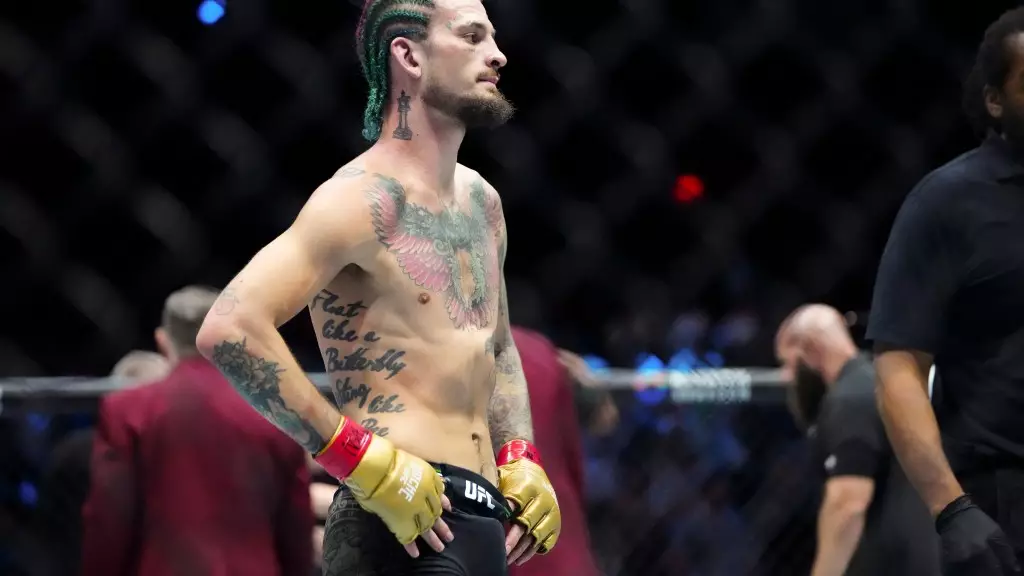In the aftermath of UFC 306, Coach Tim Welch has found himself at the center of a storm of criticism regarding his cornering of Sean O’Malley. O’Malley, with an impressive record of 18 wins and 2 losses, suffered a unanimous decision defeat to Merab Dvalishvili, a seasoned fighter with a record of 18-4. The bout, which took place at Sphere in Las Vegas, showcased not just the fighters’ skills but also the effectiveness of their respective corners. Many observers and analysts, including UFC Hall of Famer Matt Serra, have questioned Welch’s sense of urgency during the final minutes of the fight when O’Malley was clearly trailing on the scorecards.
One of the most discussed moments came when Welch was heard telling O’Malley, “we are almost done with this,” as they entered the last round. This statement raised eyebrows, suggesting a lack of urgency or a victory mindset when O’Malley was in dire need of inspiration and tactical guidance. In a sport like mixed martial arts, where every second counts, the perception created by such phrases can have a significant impact on fighter morale and performance. Welch later addressed this remark, arguing that he intended to motivate O’Malley, emphasizing the potential for a comeback in those last moments. He mentioned, “I just meant to say, ‘This fight is almost over. We’re almost done with this, you can clip him at any point.’” This explanation, however, raises broader questions about communication dynamics in high-pressure environments.
Beyond the immediate aftermath of the fight, O’Malley’s future is now uncertain but promising. Scheduled for surgery on October 3 to repair a torn labrum in his left hip, O’Malley aims to make a strong comeback. Welch believes that the setback can serve as a valuable lesson, reinforcing the idea that every athlete, no matter how skilled, may encounter defeat if they continually challenge the best in their division. He reflected on the nature of competition, stating, “If you keep fighting the best people on planet Earth in your weight class, eventually, you’re going to lose.”
The road ahead for both O’Malley and Welch is focused on growth, motivation, and the future challenges that await them in the octagon. Welch is confident that this moment of adversity will fuel O’Malley’s drive and assertiveness once he returns to competition. He draws parallels between O’Malley and other popular fighters, like Nate Diaz and Jorge Masvidal, suggesting that the allure of big fights will remain for O’Malley, regardless of this setback. The narrative of the comeback is often compelling in sports, particularly in mixed martial arts where resilience plays a crucial role.
While the criticism directed at Welch may be valid in some respects, it also highlights the complexities of coaching at elite levels in combat sports. As O’Malley prepares for recovery and future bouts, the lessons drawn from UFC 306 will play a pivotal role in shaping both his career and Welch’s strategies moving forward. This incident serves as a reminder of the pressures fighters face, the importance of clear communication, and the inevitable journey through triumphs and challenges in the realm of UFC.

